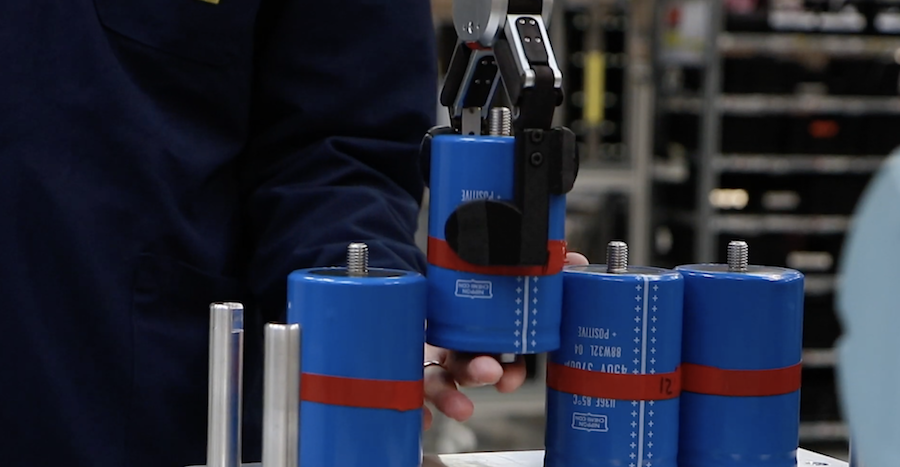 At Danfoss in Gråsten, the Danish Technological Institute (DTI) is testing, as part of a pilot project in the European robot network ROBOTT-NET, several robot technologies: Manipulation using force sensors, simpler separation of items and a 3D-printed three-in-one gripper for handling capacitors, nuts and a socket handle.
At Danfoss in Gråsten, the Danish Technological Institute (DTI) is testing, as part of a pilot project in the European robot network ROBOTT-NET, several robot technologies: Manipulation using force sensors, simpler separation of items and a 3D-printed three-in-one gripper for handling capacitors, nuts and a socket handle.
“The set-updemonstrates various techniques that provide a cheaper solution, increased robustness and increased safety for operators”, says Søren Peter Johansen Technology Manager at DTI.
“For example, there is a force-torque sensor in the robot which is used to manoeuvre things carefully into place, and also to increase the confidence of the operators. The force-torque sensor will sense and prevent collisions with people before the built-in safety features of the robot stop the robot arm. Thus, we can also increase safety and confidence by working with collaborative robots”, he says.
Increased effectiveness
Danfoss in Gråsten has tested the robot in connection with the company’s production of frequency converters.
“A frequency converter contains, amongst other things, capacitors assembled in groups of two or four. We have automated this process in that a robot picks up a capacitor and puts it into a fixture. For the capacitor to be correctly placed in the fixture, the electrodes must point in the right direction. Therefore, a camera sees how the electrodes are oriented in the gripper, and orients correctly before it is placed in the fixture”, explains Søren Peter Johansen.
“Then we pick a nut that has to be put on and the robot picks up the socket handle and screws the nut tight. And meanwhile the operator can do something else and thus increases efficiency”, he elaborates.
Three reasons to automate
Peter Lund Andersen, Senior Manufacturing Specialist at Danfoss, says that Danfoss is automating for several reasons:
“It is primarily about work and environmental considerations – better ergonomics and less heavy lifting. We believe that with robots, that can do the work uniformly each time, we can increase the quality of our products while maintaining safety and reducing costs”, he says, adding “The cooperation with DTI gives us the opportunity to come out and try some new things. Some things that aren’t quite mature yet and can’t just be taken off a shelf. That way we are at the forefront with everything.”
If you want to watch more videos, you can explore ROBOTT-NET’s pilot projects on our YouTube-channel.
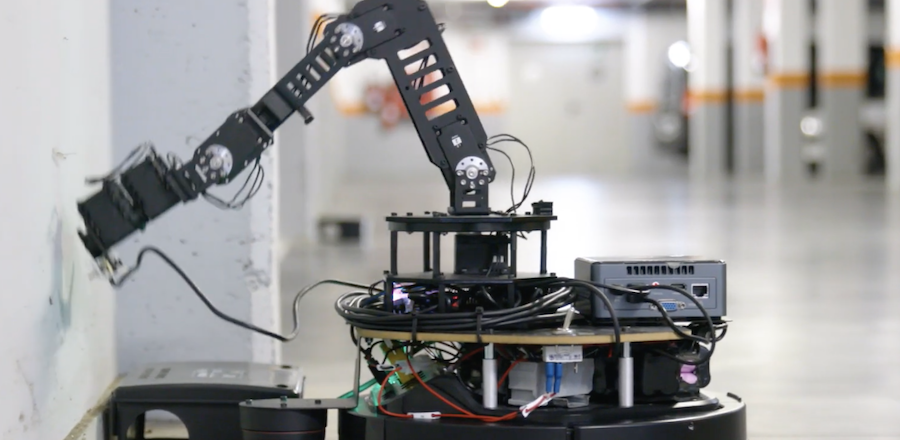
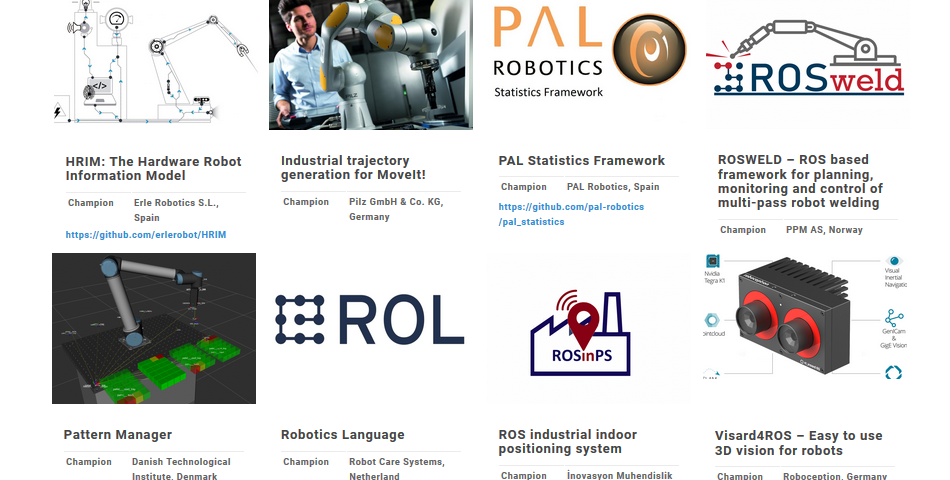
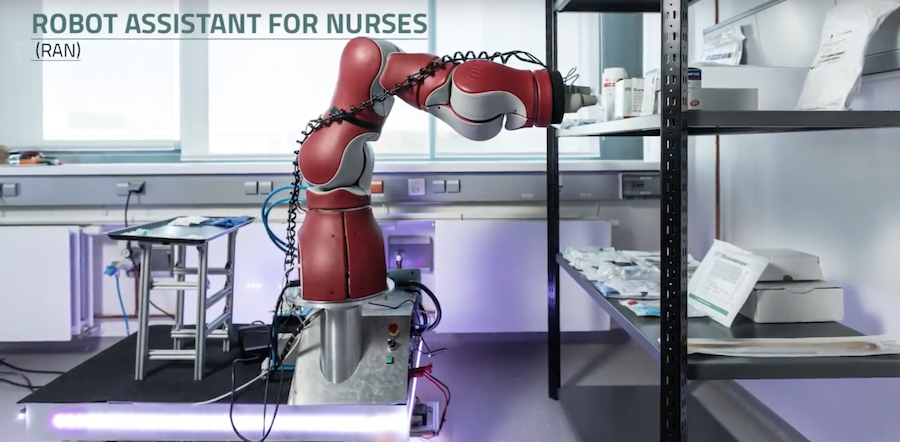 Four knowledge institutes across Europe – the Danish Technological Institute (DTI, DK), Fraunhofer IPA (DE), Tecnalia (ES) and the Manufacturing Technology Centre (MTC, UK) – teamed up to offer highly qualified consulting services at no cost to companies that either wanted to use robot technology in their production or wanted to develop new robot technology to sell.
Four knowledge institutes across Europe – the Danish Technological Institute (DTI, DK), Fraunhofer IPA (DE), Tecnalia (ES) and the Manufacturing Technology Centre (MTC, UK) – teamed up to offer highly qualified consulting services at no cost to companies that either wanted to use robot technology in their production or wanted to develop new robot technology to sell.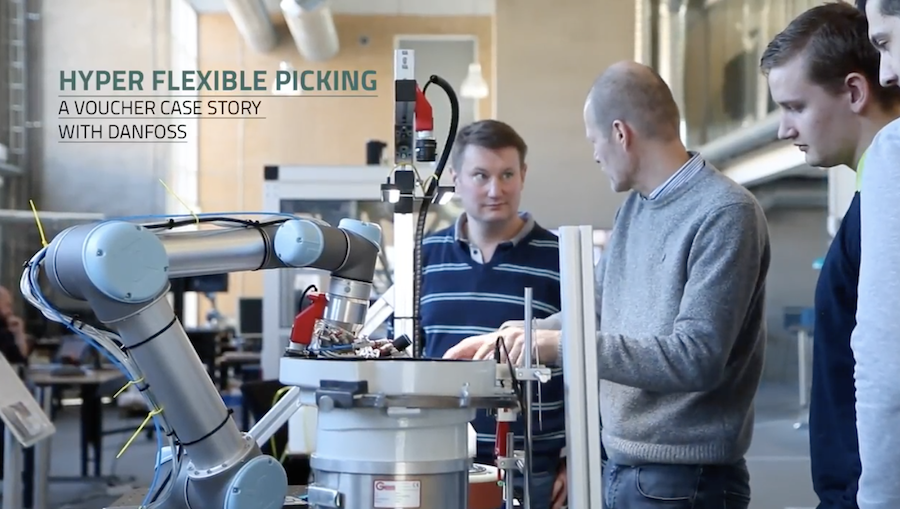 Short delivery time, high flexibility and reduced costs for handling parts before assembly. These are the main goals that Danfoss Drives wanted to achieve by creating an automated assembly line. But while the goals were clear, the way to achieve them was cloudier.
Short delivery time, high flexibility and reduced costs for handling parts before assembly. These are the main goals that Danfoss Drives wanted to achieve by creating an automated assembly line. But while the goals were clear, the way to achieve them was cloudier.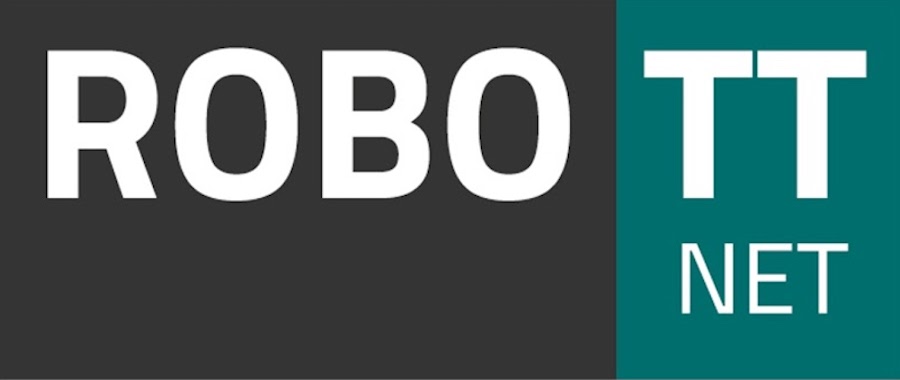
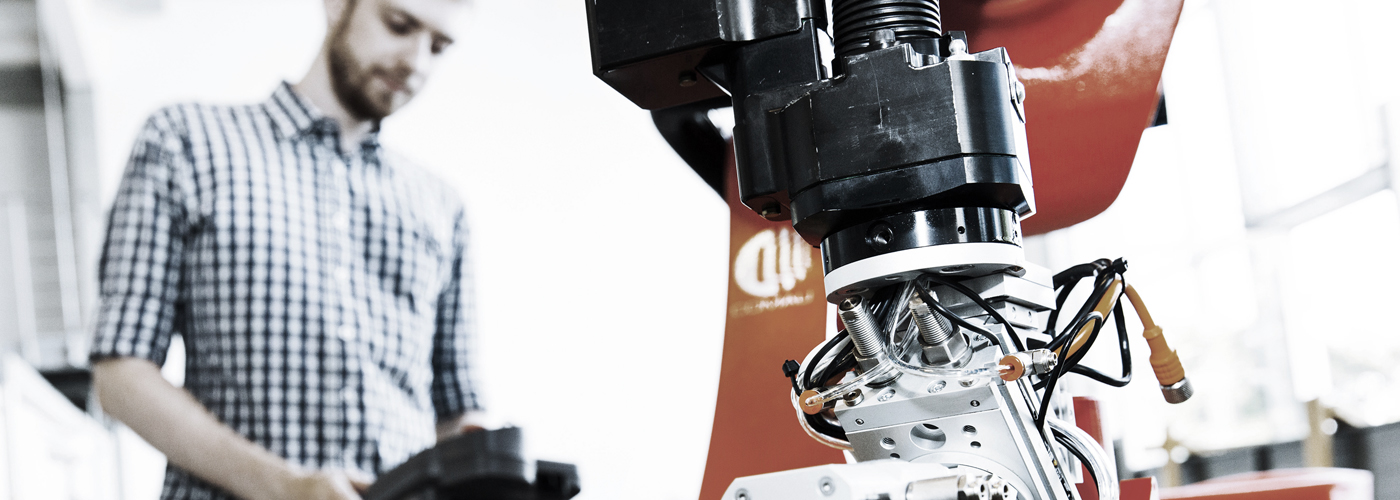 Digital innovation hubs are vital to create innovative solutions and employment.
Digital innovation hubs are vital to create innovative solutions and employment.